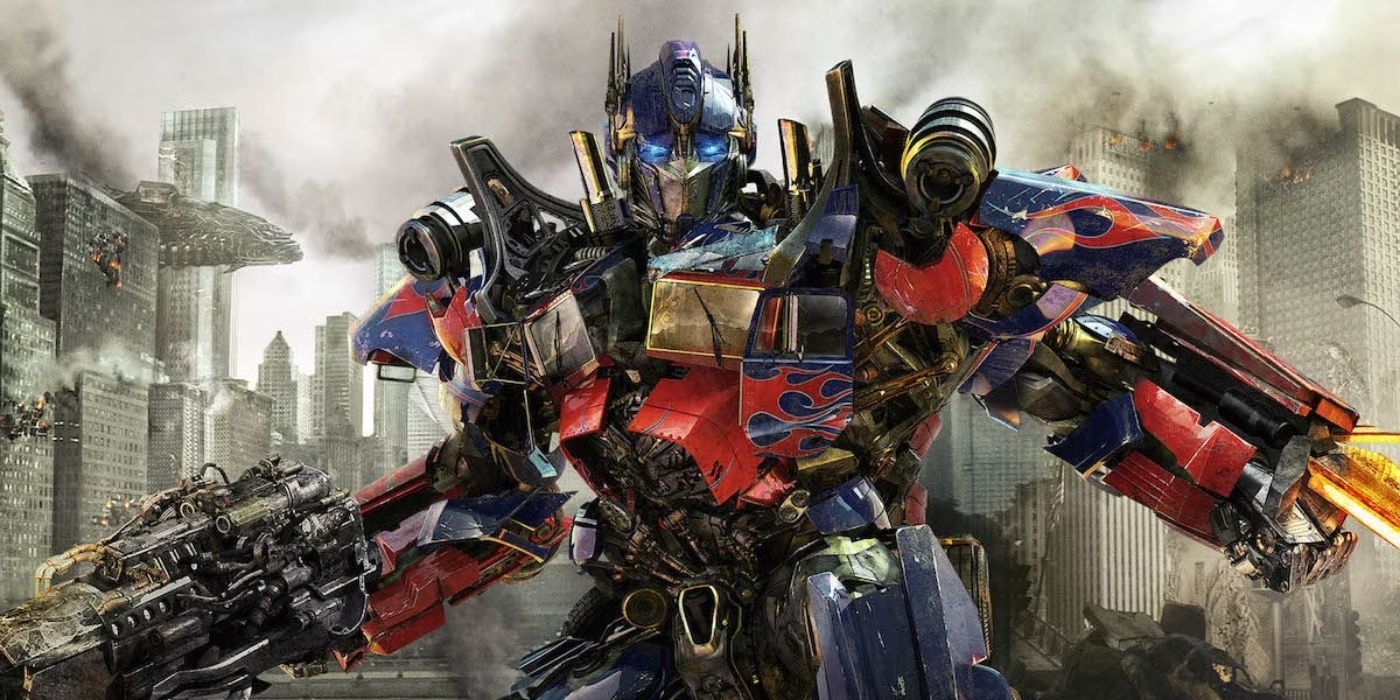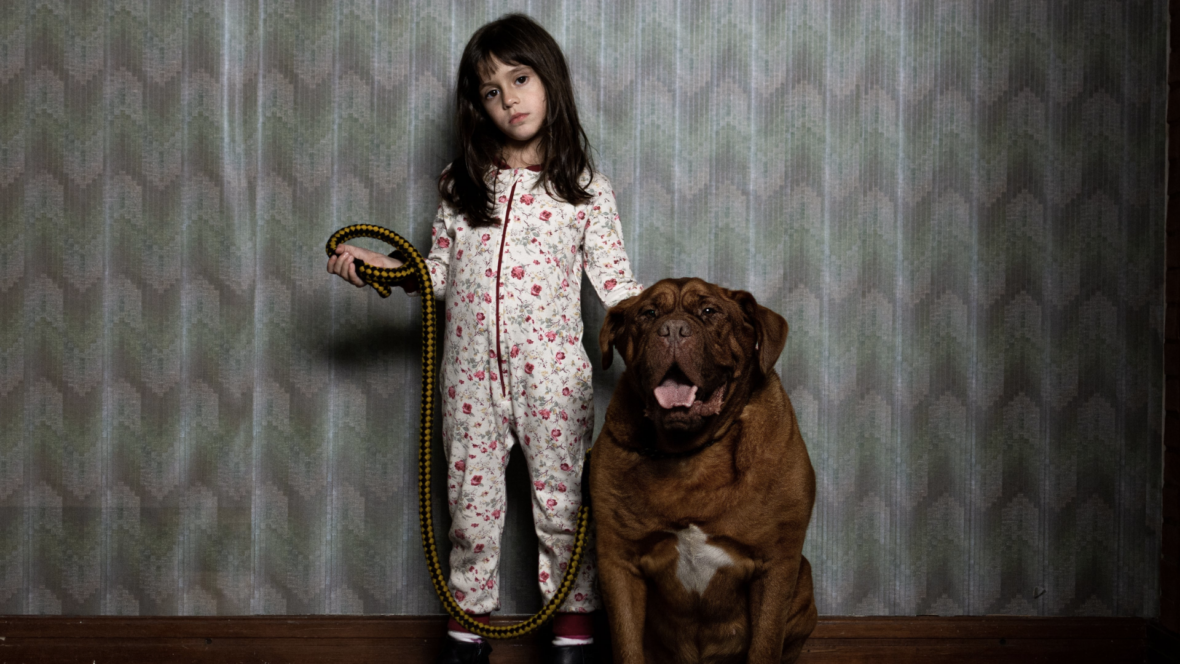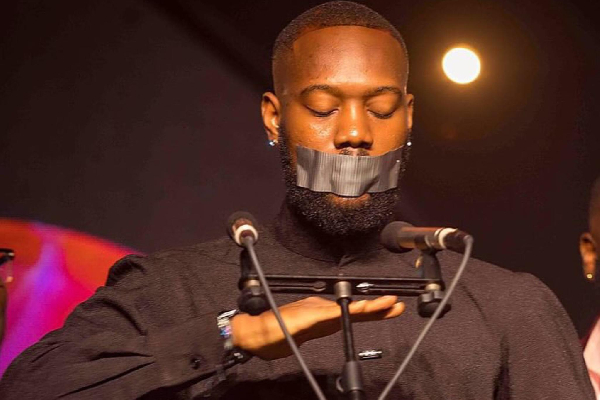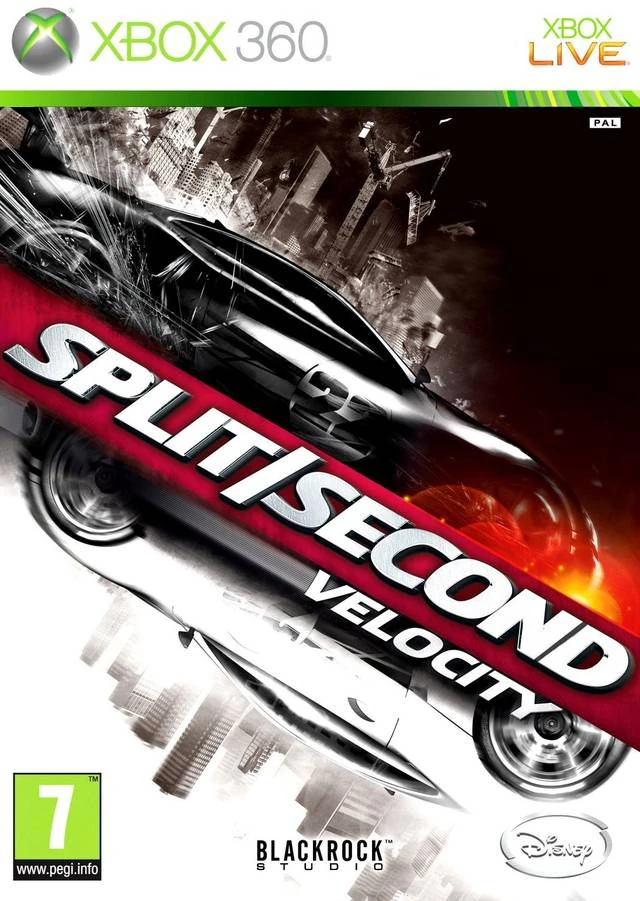Ranking Every 'Rush Hour' Movie Based on How Funny It Is
Back in the days when flip phones were cool and Friday night DVDs were a thing, nothing hit quite like the Rush Hour movies. They weren’t just action comedies—they were a whole vibe. If someone wanted a dose of fast kicks and even faster comebacks, this was the holy grail. Jackie Chan brought his signature, heart-in-every-stunt style, while Chris Tucker showed up with that motor mouth and fun energy like he’d just had three espressos.
Together, they didn’t just make a great pair—they flipped the buddy-cop game on its head and made it fun in a way that still feels fresh. The first film didn’t sneak in quietly either—it pretty much kicked the doors open and rewrote the playbook of the whole genre.
Each installment took things up a notch (or tried to), hopping from LA to Hong Kong to Paris, and while they all brought their own flavor, not all of them hit the funny bone equally. Some had people laughing till they cried, and others… well, they tried. Here’s how the three films stack up when ranked purely on laughs.
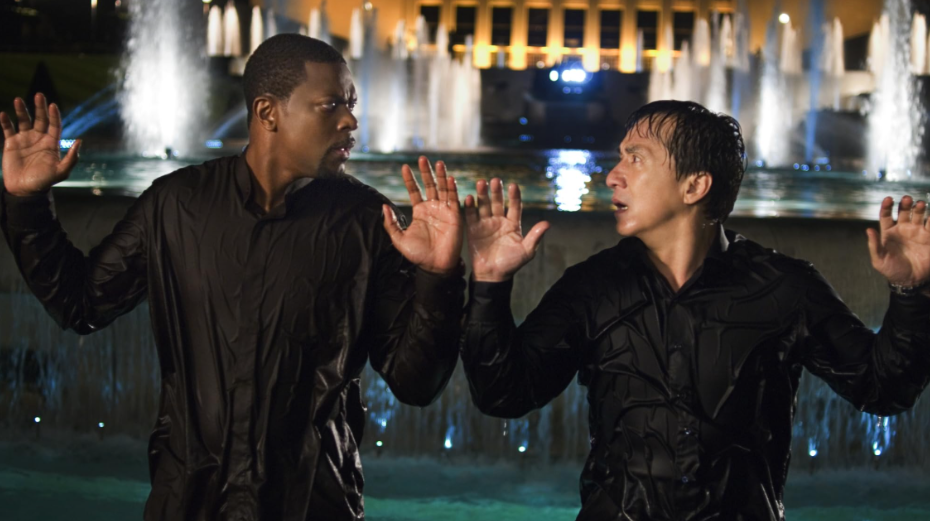
Stills from the movie Rush Hour 3 | Credit: New Line Cinema
⛶
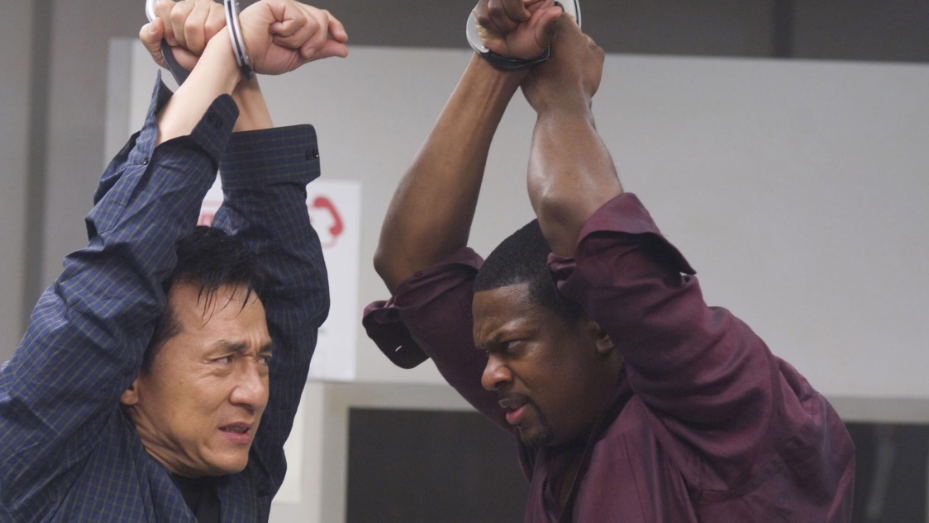
⛶
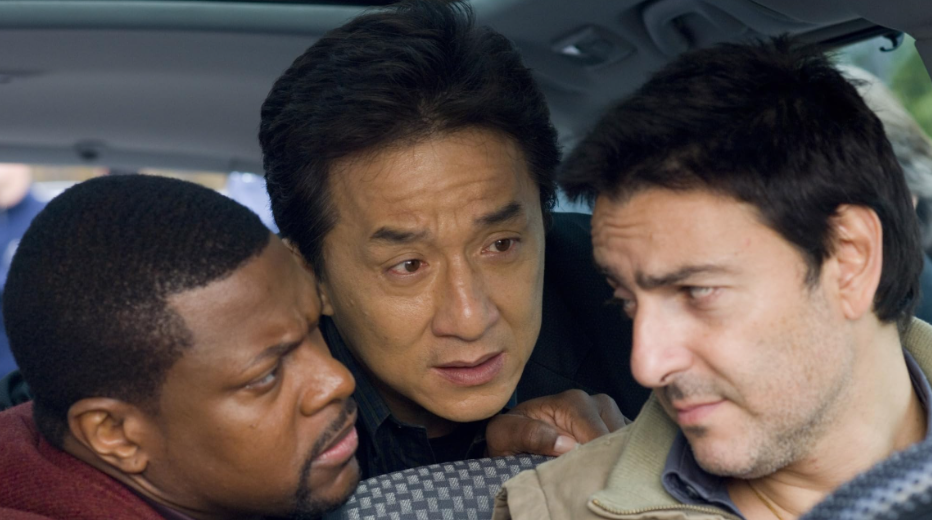
⛶
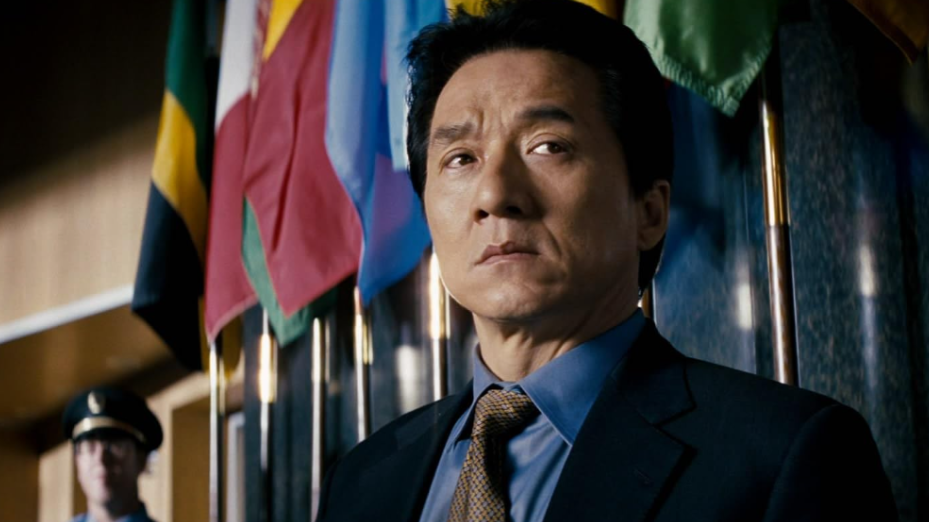
⛶
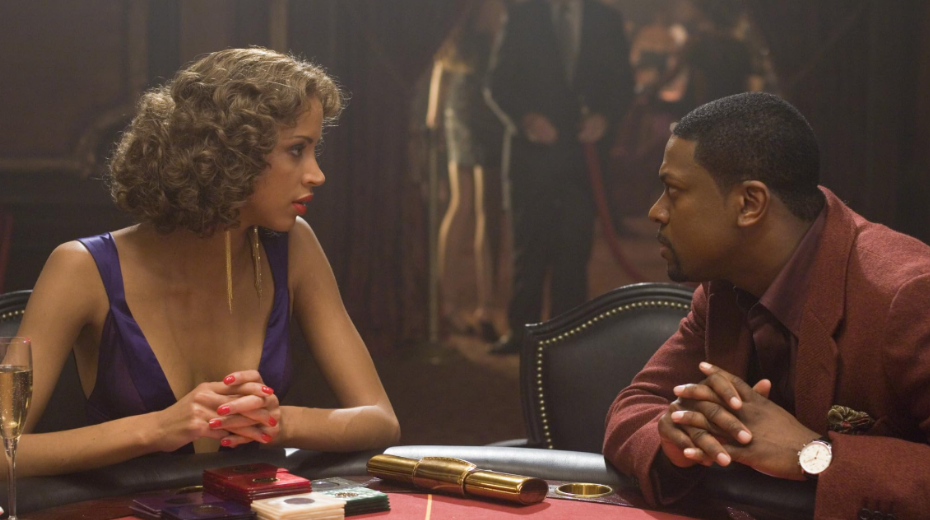
⛶
By the time Rush Hour 3 rolled around, the energy wasn’t quite what it used to be. It had been six years since the last film, and though there was still excitement to see Tucker and Chan reunite, the whole thing felt more like a reunion show than a full-blown comedy-action blockbuster. There was a distinct sense that everyone involved—especially the leads—were just there to cash one last paycheck and maybe enjoy a Parisian vacation while they were at it.
The plot sent Lee and Carter to the City of Light, tangled up in another criminal conspiracy, this time involving the Chinese Triads. But what could’ve been an explosive setting for comedy and action barely sparks. The Paris backdrops are pretty, sure, but the jokes feel like they’re running on fumes. Even the fight scenes, usually a standout thanks to Chan’s creativity, are watered down and pretty forgettable. There’s no real momentum, no snappy rhythm, just a lot of going through the motions.
That buddy-cop dynamic that carried the first two movies? It’s still there, technically, but it doesn’t crackle the way it used to. There are fewer zingers, fewer genuine laughs, and a whole lot of jokes that just fall flat on the face. It’s also the only one in the franchise where even the outtakes at the end—the part fans always looked forward to—feel tired. The spark that made Lee and Carter so delightful is dulled, and the sense of adventure has been replaced with something more mechanical.
Despite making $258 million at the box office (via Box Office Mojo), the third installment is widely seen as the weakest, especially in the humor department. It leans heavily on a formula that no longer feels fresh, and without new comic beats or inspired action to carry it, Rush Hour 3 ends up feeling more like a nostalgic cash grab than a proper finale.
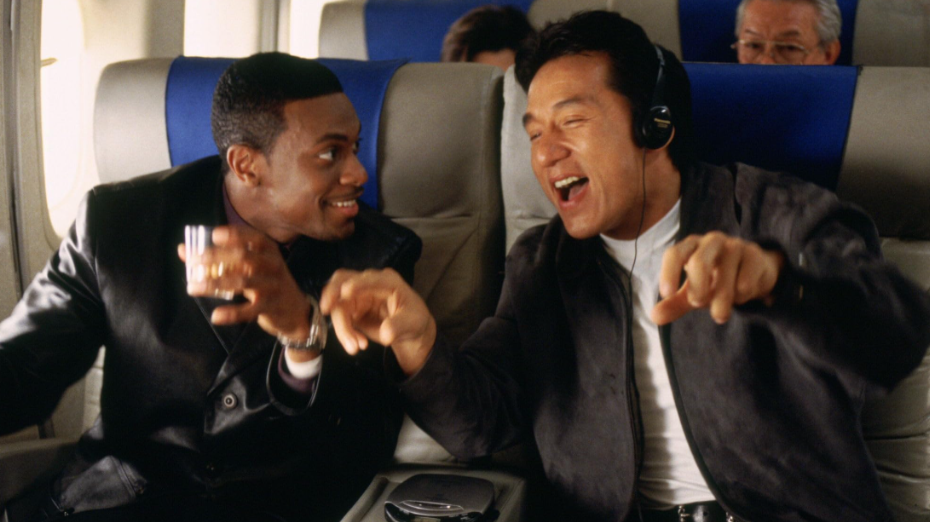
Stills from the movie Rush Hour | Credit: New Line Cinema
⛶
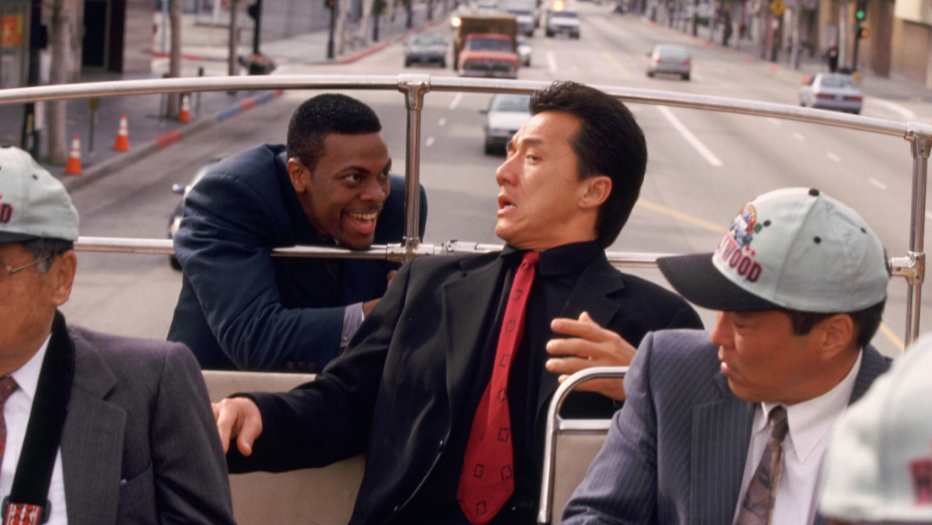
⛶
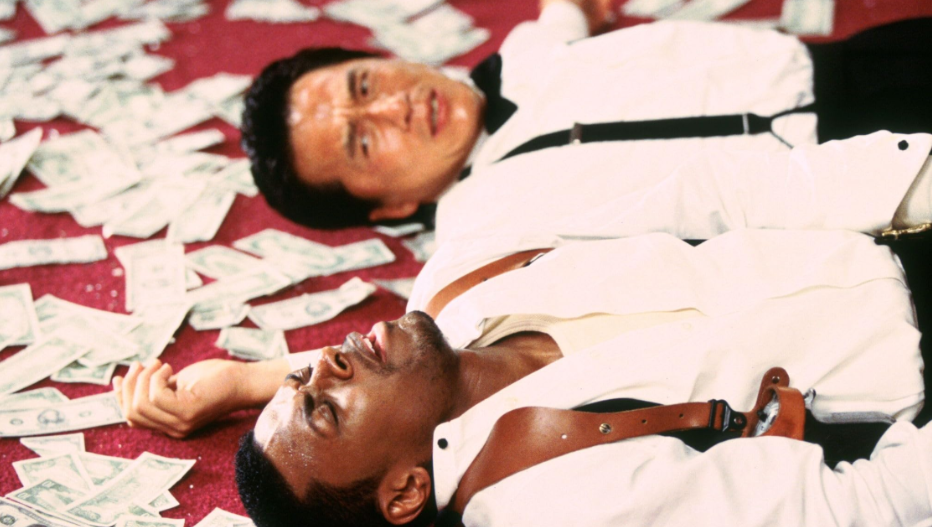
⛶
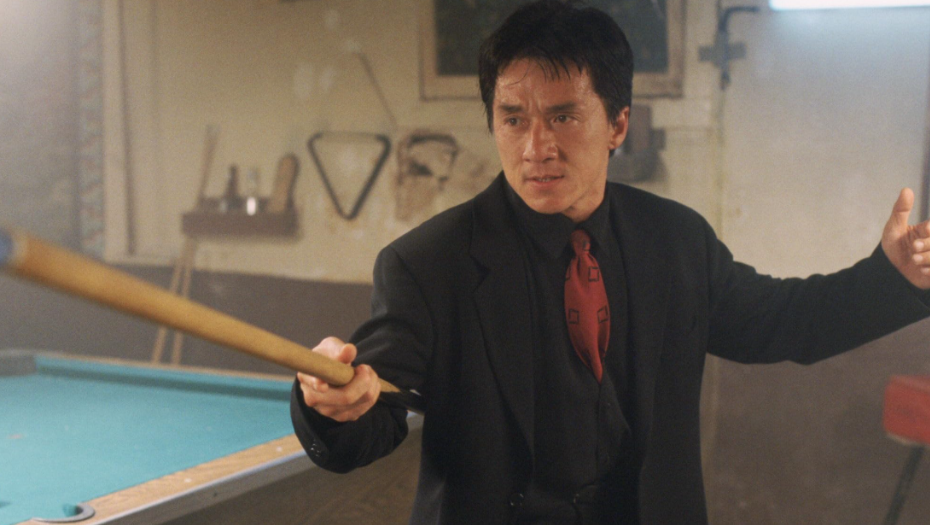
⛶
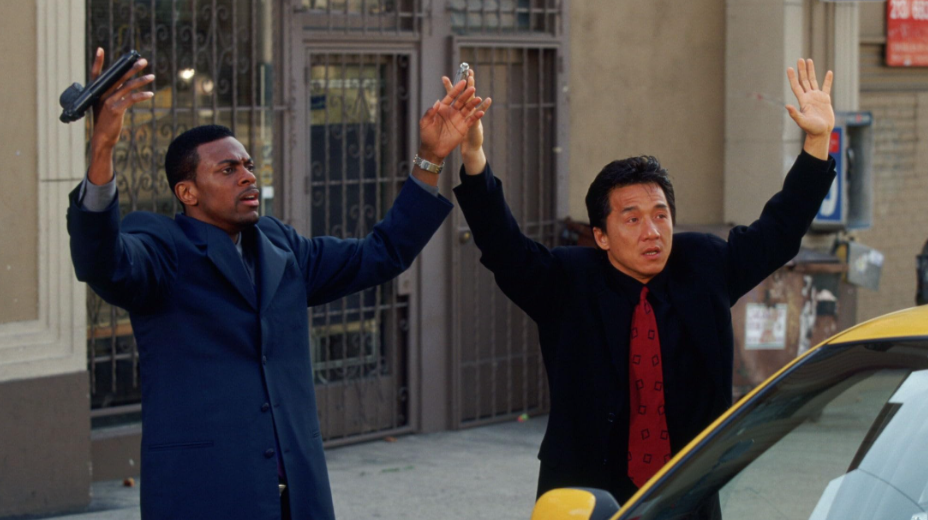
⛶
Now this one? This is where it all started, and it came out of nowhere like a surprise party that turns out to be the best night ever. No one really expected this odd couple pairing of a fast-talking LA cop and a straight-laced Hong Kong inspector to blow up the way it did—but it clicked instantly. And while the story was pretty straightforward—rescue a kidnapped diplomat’s daughter—it was the chemistry between Chan and Tucker that turned this film truly exceptional.
From the moment their characters are forced to work together, the laughs just don’t stop. Chan’s physical comedy plays perfectly off Tucker’s mile-a-minute mouth, and their cultural misunderstandings make for some of the most iconic moments in buddy cop movie history. Even when the actual plot fades into the background (and it kind of does), it doesn’t really matter because the two leads are just that fun to watch.
The action keeps you hooked, even if it’s not as flashy as Jackie Chan’s classic Hong Kong days. Still, the scenes are packed with energy, and Chan works his magic, leaping through windows and utilizing everyday items (like a pool stick) in the coolest ways during stunts. Tucker, meanwhile, is the mouthpiece of the movie—constantly chattering, dancing, and keeping things light even when bullets are flying.
There’s a certain raw charm to Rush Hour that the sequels couldn’t quite recapture. Maybe it’s because it wasn’t trying so hard. The humor doesn’t feel forced, the camaraderie develops naturally, and the whole vibe is laid-back but full of personality. Sure, it’s not a flawless movie—some scenes feel dated and the pacing dips here and there—but none of that really matters when the film is this much fun. It was the perfect mix of East meets West, action meets comedy, and Chan meets Tucker, and that cocktail still goes down smooth.
Even now, years later, Rush Hour is the one fans tend to revisit most, and not just for nostalgia. It still holds up because it’s genuinely funny, surprisingly heartfelt, and endlessly rewatchable.
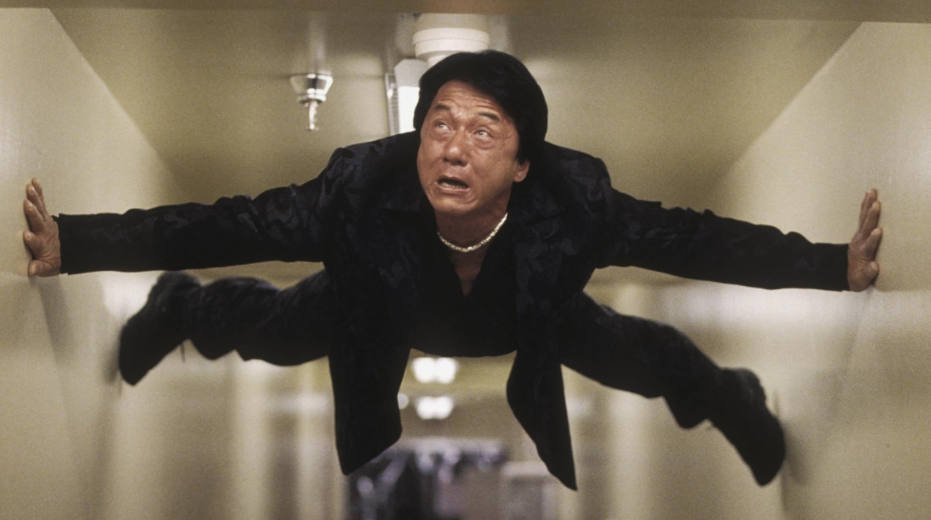
Stills from the movie Rush Hour 2 | Credit: New Line Cinema
⛶
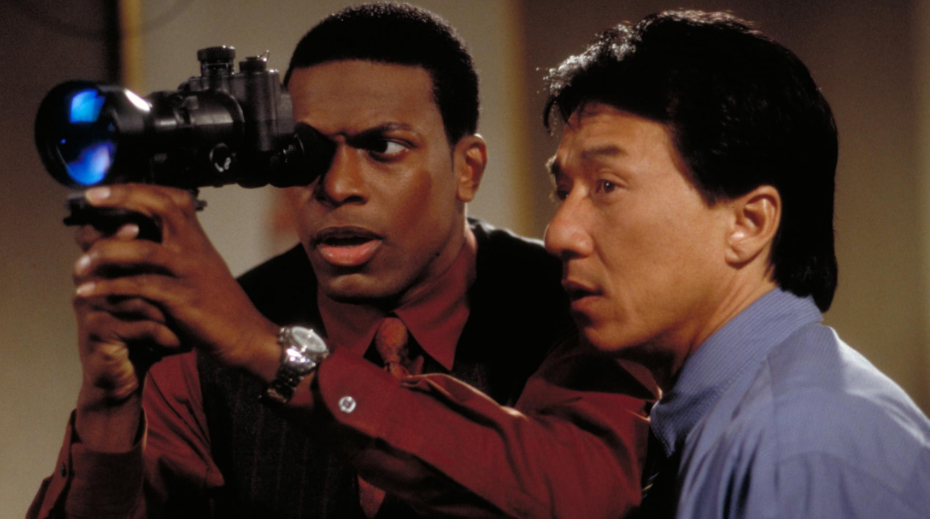
⛶
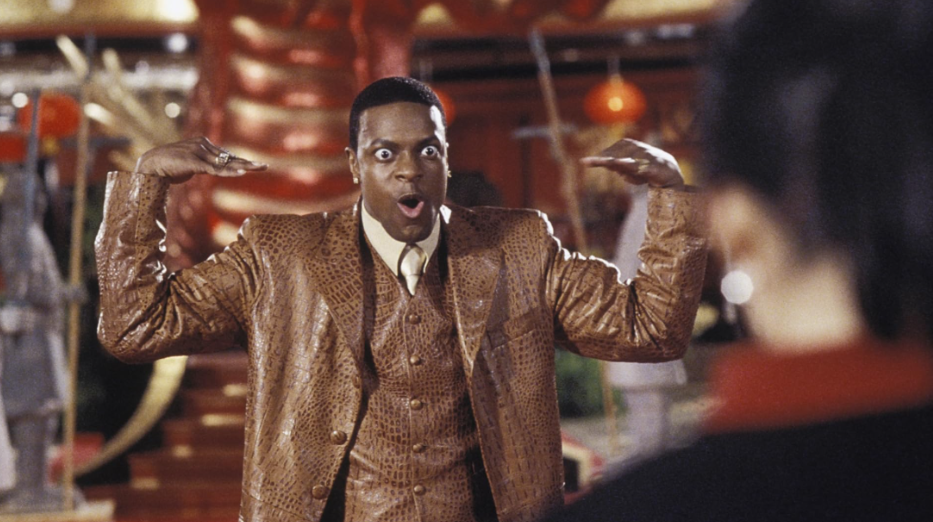
⛶
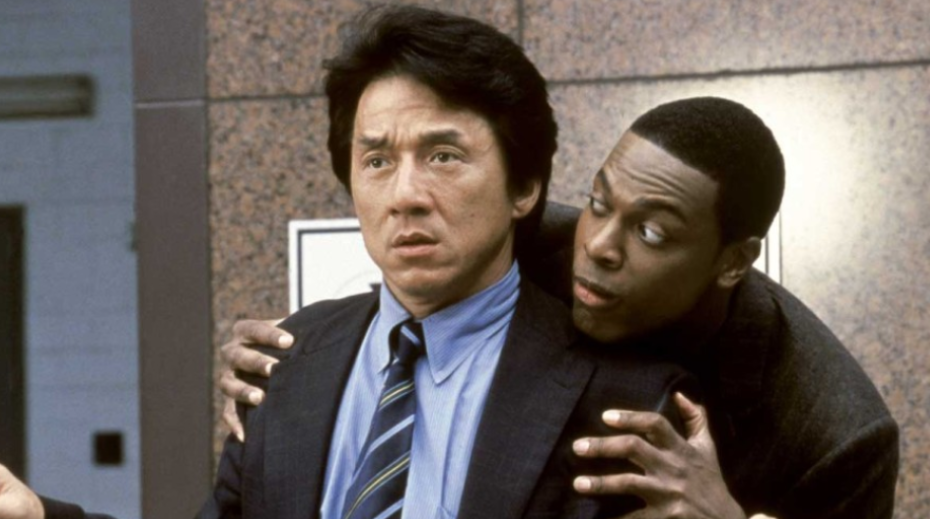
⛶
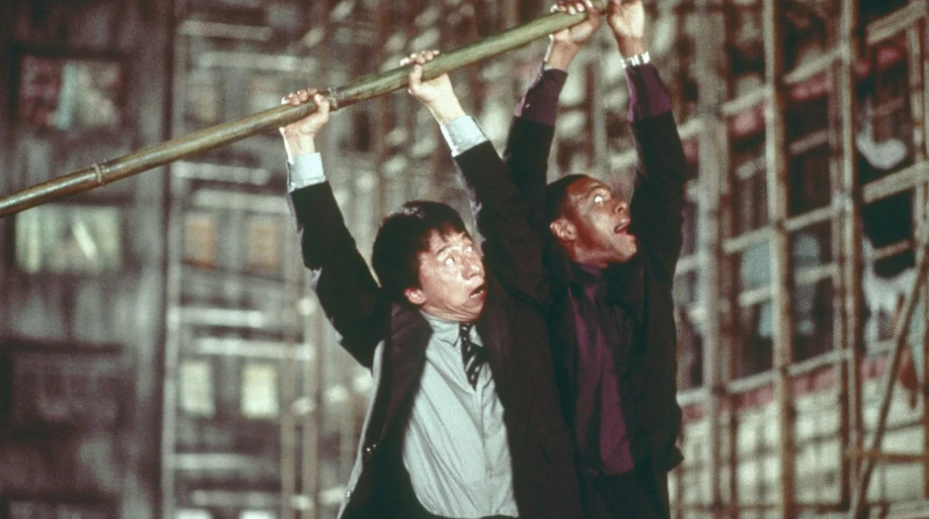
⛶
Now this is where things get juicy. Rush Hour 2 knew exactly what it was doing. It didn’t try to reinvent the whole thing—instead, it flipped it. While the first movie had Jackie Chan’s Lee navigating LA, the sequel threw Chris Tucker‘s Carter into the streets of Hong Kong, and the result was just as chaotic and delightful as you’d hope. From the start, it’s clear that the film is all about giving fans more of what they loved the first time—more laughs, more stunts, and way more personality.
The setting change was a smart move. Hong Kong brings a whole new energy to the action, giving Chan room to shine. His choreography feels more fluid, more dynamic, and just plain cooler than the rest. Meanwhile, Tucker is completely out of his element, and that’s exactly where he thrives. His fish-out-of-water reactions are comedy gold, and the way he bounces off local customs, gangsters, and Lee himself keeps the pace brisk and funny.
The plot itself isn’t anything revolutionary—something about counterfeit money and underground crime networks—but again, that’s not really the point. It’s the fun that matters. And the funny parts here? Immaculate. Every scene feels like it’s built to either make you laugh or go “whoa,” and sometimes both at the same time. There’s a looseness to the film that makes it feel like a joyride rather than a structured action movie, and that only adds to its charm.
Tucker’s in full beast mode here—this is him at his loudest, quickest, funniest best. Every line snaps hard, every reaction lands perfectly on point, and he somehow turns chaos into super comedy gold. The way he bounces off Chan? It’s like watching two pros dance without missing a beat, even for once. There’s no forcing laughs out of you in it, and there’s no awkward rhythm. Everything is just pure, playful chemistry that was just waiting to hit that sweet spot. It was no longer just about getting laughs; it was about having a blast while doing it.
The bigger budget is noticeable too, in the best way. The sets are flashier, the stunts are slicker, and the production feels a little more polished. But unlike part three, Rush Hour 2 doesn’t lose its personality in the gloss. It builds on what worked before, giving it room to grow without making it feel stale.
In the grand scheme of comedy-action films, this one’s a standout. It’s sharp, it’s cheeky, and it still holds up as a near-perfect mix of explosive martial arts and laugh-out-loud moments. If anyone’s looking for the peak of the franchise’s funny bone, Rush Hour 2 is where it lives.
When it comes down to sheer laughs, Rush Hour 2 takes the crown with ease. It’s the funniest, liveliest, and most satisfying entry when it comes to comedy. The original Rush Hour is a very close second—it’s got heart, originality, and plenty of charm. And then there’s Rush Hour 3, which just doesn’t bring the same heat. Still, as a trilogy, the Rush Hour films remain iconic, and even the weakest one has its moments. Maybe you should just skip to the outtakes for that last one.
You can now rent Rush Hour 2 through Apple TV+.







